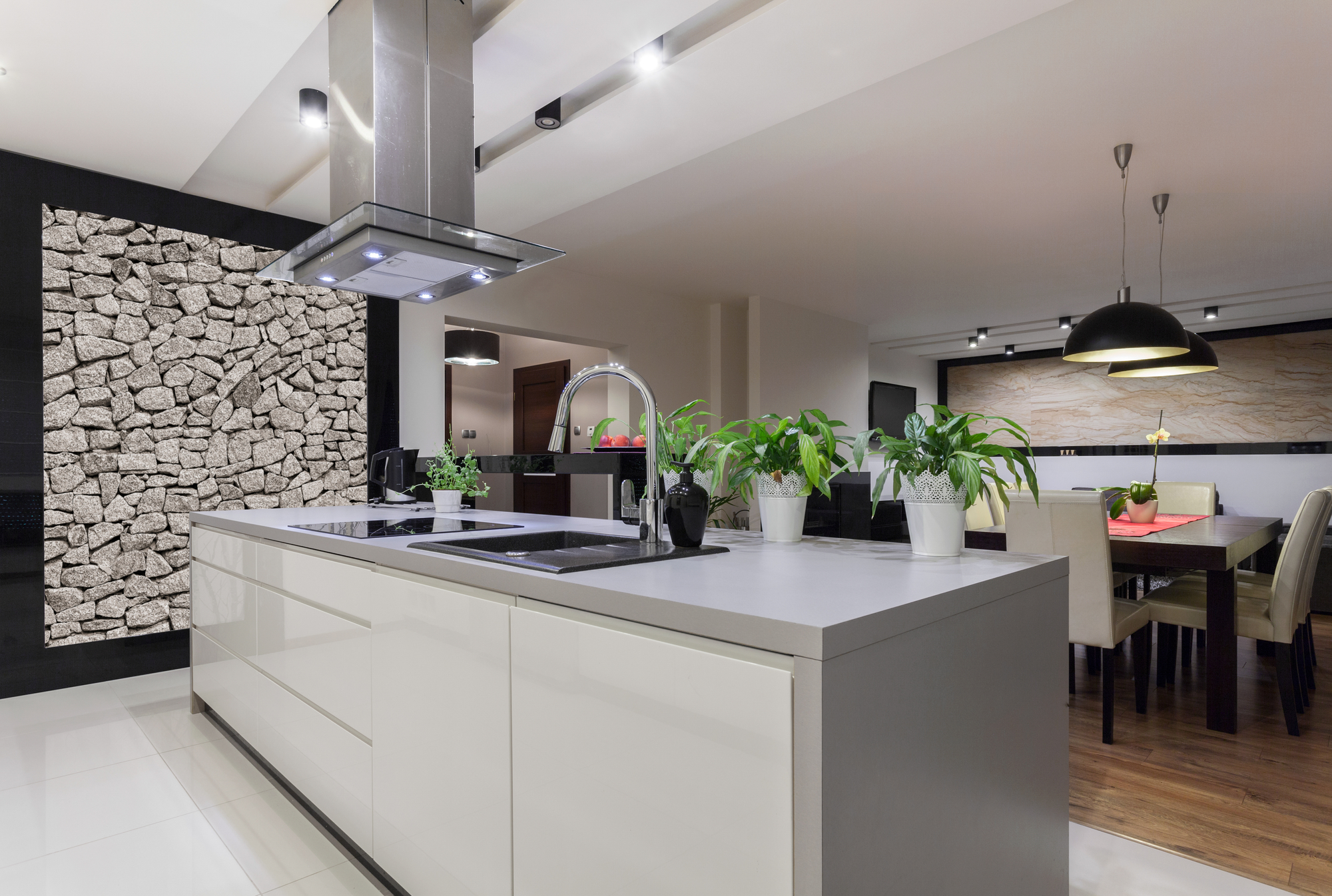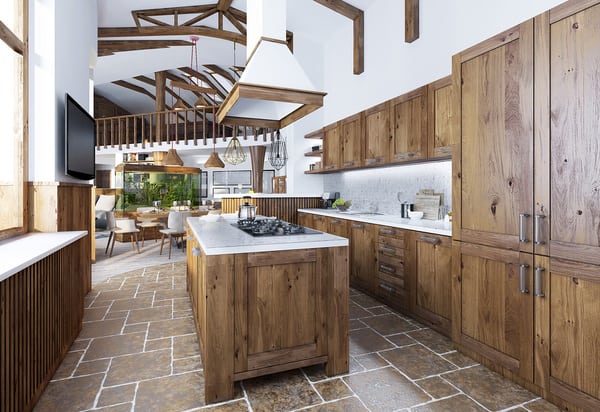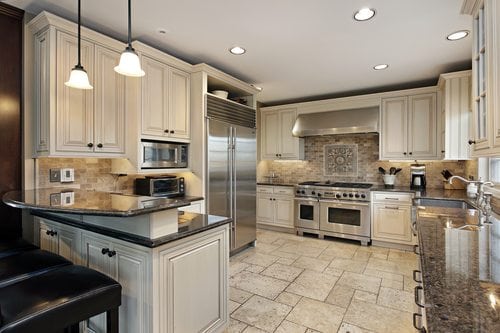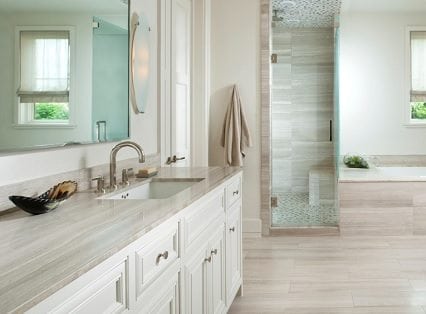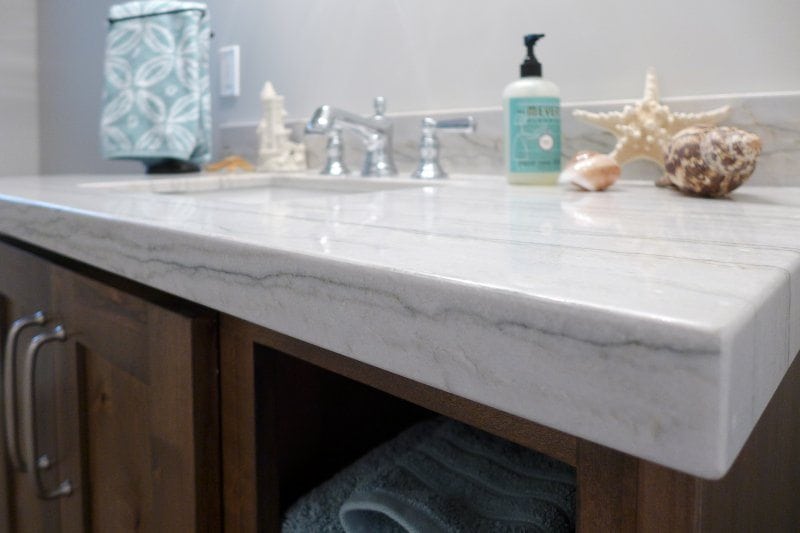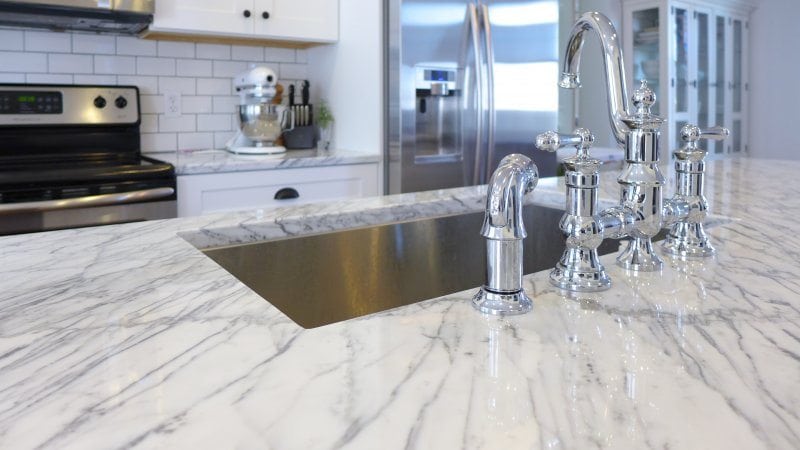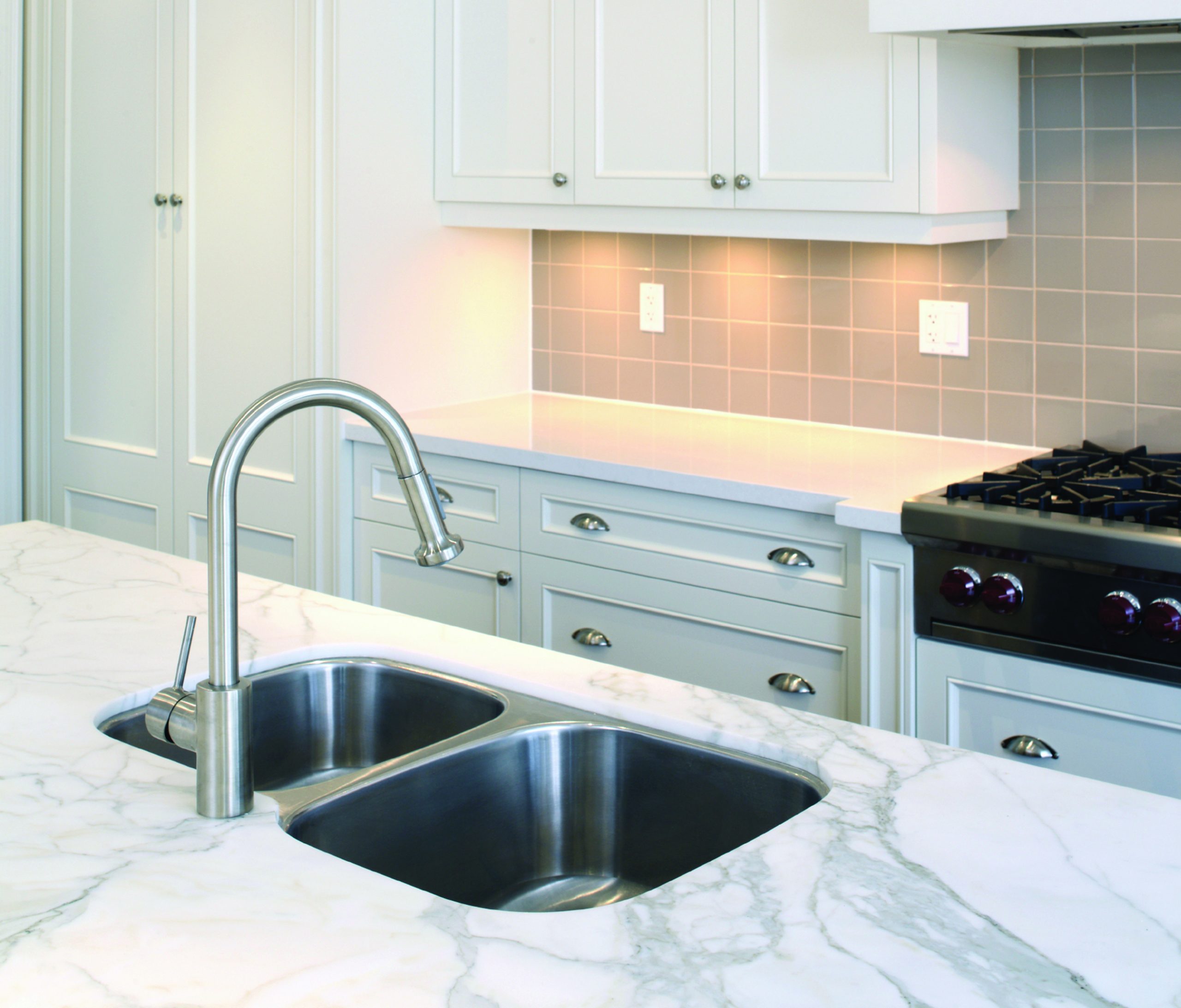Should You Opt for Custom Kitchen Cabinetry?
A home’s kitchen is its very heart. You’re no doubt familiar with that sentiment. So what better way to treat such a space where family and friends gather than with custom cabinetry that’s built to your standards, not someone else’s? High-end custom cabinets aren’t merely important for their quality, although that’s a definite plus. They help transform…
Details








